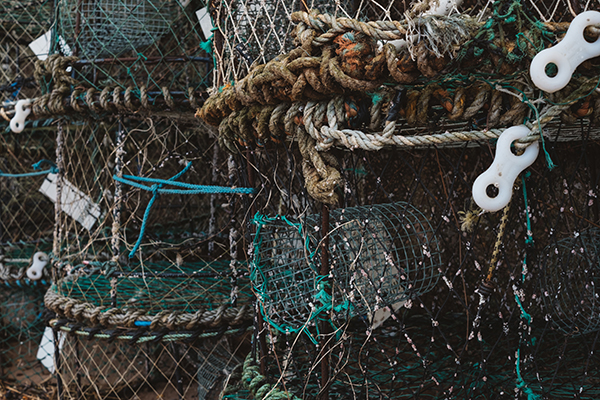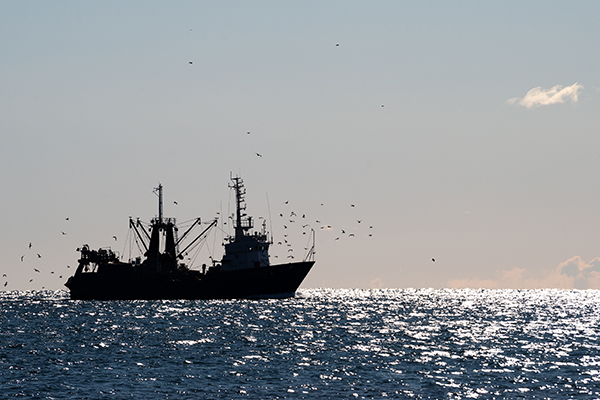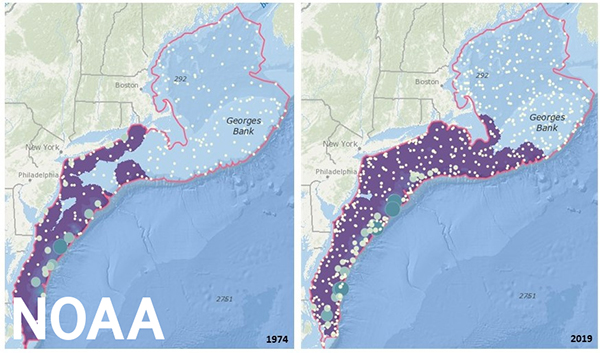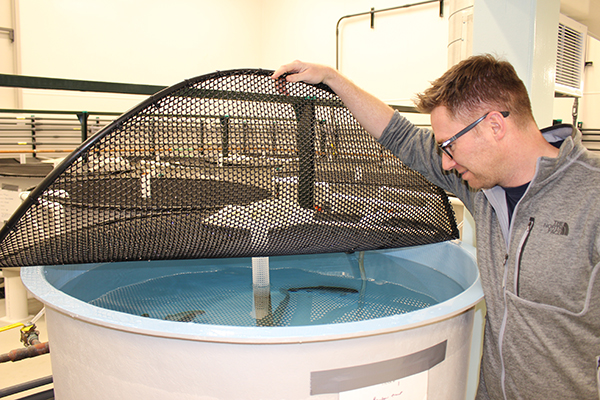Innovative tools and learning resources offer ‘bridge to cutting edge research and approaches’

On September 6, 2022, the Environmental Defense Fund’s Fishery Solutions Center released its new Climate-Resilient Fisheries Toolkit – a comprehensive set of resources that provides fishing communities and partners with tools and information to help fishing communities and partners build climate change resilience. The Toolkit is designed to help fisheries and fishing communities understand the challenges, opportunities, drivers and dynamics in the fishery system and develop solutions based on best practices from fisheries around the world.
“This Toolkit guides frontline stakeholders and communities who are currently grappling with climate change,” said Eduardo “Lalo” Boné, senior manager of EDF’s Cuba Oceans Program. “The tools are designed to be utilized in a participatory manner, bringing people together to work collaboratively, share knowledge and identify actions that can be taken now to meet their needs.”
Climate change and overfishing are increasingly straining fisheries and the marine ecosystems that support them, putting marine biodiversity, the nutrition of people in coastal communities and the global food supply at greater risk. To help address these critical issues, EDF’s multidisciplinary team worked closely with hundreds of stakeholders and practitioners from fishing communities worldwide to synthesize their knowledge into easy-to-use tools that collectively represent the most comprehensive set of resources to solve key challenges.
The learnings and processes developed from these experiences can be found in the Toolkit, which features over 30 tools and resources organized into six themes: governance and policy, climate adaptive management, ocean technology solutions, secure fishing rights, science and data and livelihoods and well-being.
“Whether you are a fisher, a fishery researcher, manager, NGO representative, community member, academic or local official – the Toolkit features tools and resources that support you in building climate-resilient fisheries and communities,” said Jeff Young, senior manager of Global Capacity Development. “Even if you have limited fishery data, the tools and frameworks can help you use the best available information, including local and traditional knowledge, to make informed management decisions.”
As fishery managers and communities around the world seek to understand and address the impacts of climate change, EDF says that the Toolkit serves as “a bridge to cutting edge research and approaches to support on-the-ground action.” For example, the Climate Vulnerability Assessment tool, building from methodologies developed by NOAA, enables users in data- and capacity-limited contexts to examine how climate impacts will affect different species in local waters, allowing communities to prioritize species for stronger monitoring or management.
Likewise, “NutriCast” – a web-based tool developed by the University of California Santa Barbara’s emLab, EDF and Harvard’s Chan School of Public Health – allows decision makers to explore predicted nutritional gains from marine fisheries and mariculture reforms under climate change, which can inform policies, interventions, or initiatives to bolster food and nutrition security.
EDF’s new guidance document, Technologies for Climate-Resilient Fisheries, illustrates how new and emerging technologies can help address key fishery management challenges resulting from climate change, providing a practical overview of opportunities for technology-supported management. EDF will continue to add new tools and resources as they become available.
“Our hope is that the Climate-Resilient Fisheries Toolkit inspires people around the world by sharing success stories and the ‘how-to’ guidance to take action,” said Sarah Poon, associate vice president for the Fishery Solutions Center. “We look forward to continuing to work with partners around the world to develop and apply the tools and solutions needed to support ocean health and community well-being.”
Follow the Advocate on Twitter @GSA_Advocate
Now that you've reached the end of the article ...
… please consider supporting GSA’s mission to advance responsible seafood practices through education, advocacy and third-party assurances. The Advocate aims to document the evolution of responsible seafood practices and share the expansive knowledge of our vast network of contributors.
By becoming a Global Seafood Alliance member, you’re ensuring that all of the pre-competitive work we do through member benefits, resources and events can continue. Individual membership costs just $50 a year.
Not a GSA member? Join us.
Author
Tagged With
Related Posts

Fisheries
Study outlines ‘impactful steps’ to improve climate resilience of U.S. fisheries
A new study has identified “actionable recommendations” to help U.S. fisheries adapt to climate change and improve climate resilience.

Fisheries
Survey: Global warming is a ‘major barrier’ to sustainable fisheries management
A recent poll found that EU fisheries stakeholders regard global warming as a threat to sustainably managing fisheries in the future.

Intelligence
NOAA launches mapping tool for marine species to prepare for climate change
NOAA Fisheries has launched a new mapping tool for marine species, which will help prepare fisheries management for climate change.

Health & Welfare
University of Waterloo opens research facility to study effects of climate change on fish stress
The University of Waterloo has opened a new research facility to study the effects of climate change on fish stress.



